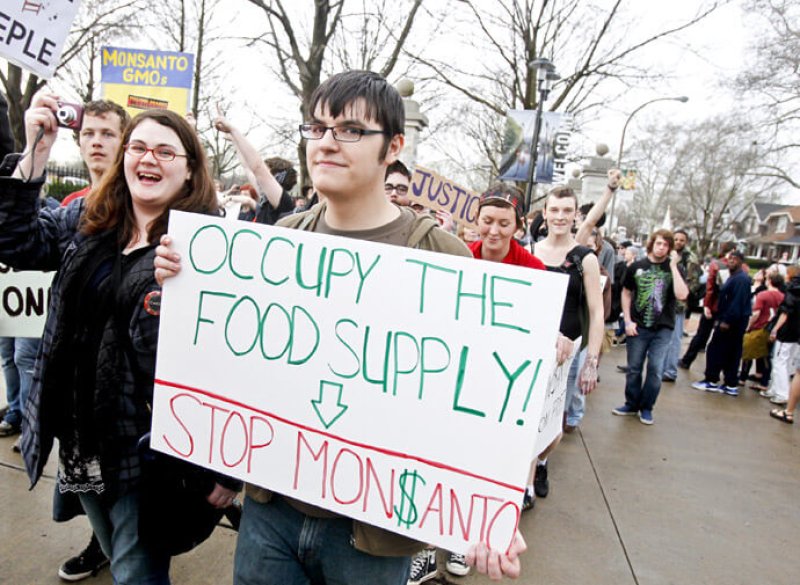Concern over ties between academia and industry is legitimate, but often overblown, and can be used to justify witch hunts. There is the potential for productive collaboration between industry and academia. Academics are the experts with knowledge and resources that could benefit industry. Meanwhile, industry has the money that can fund research, labs, and education. But these waters must be tread with care, hence greater attention is being paid to industry-academia relationships.
First, full disclosure and transparency is the standard – every time I do anything I have to disclose any potential conflicts of interest. Further, I think academics need to educate industry contacts. We may be dealing with either sales or PR people who don’t understand academic integrity.
Industry has explored every possible way of putting its thumb on the scientific scale – ghost writing white papers, starting stealth industry journals, hiding research results they don’t like, and paying academics to be their spokespeople. These kinds of activities need to be exposed and either stopped for fully disclosed.
[But not all or even most relationships between corporations and universities are nefarious. In fact, many public universities require their faculty to engage with all their stakeholders, including business. How could an agricultural research professor, for example, ignore engaging constructively with corporations that do much of the best research and develop the key raw materials, such as seeds, fertilizers and pesticides, that drive modern farming?]University of Florida’s Kevin Folta’s case, described in Nature, is the perfect example of an innocent, fully transparent, and mutually productive relationship between academia and industry. They don’t tell him what to say, they don’t control his research, and he doesn’t even profit personally from any of it.
Despite this the anti-GMO crowd will use these disclosures to attack Folta for being a Monsanto shill. I would be shocked if they treat the situation fairly. Reality, as always, is messy. This provides the opportunity for conspiracy theorists and those with an anti-science agenda to exploit the messiness to promote their narrative. Creating fear and confusion is easy. Explaining a complex and nuanced situation is difficult.
The GLP aggregated and excerpted this blog/article to reflect the diversity of news, opinion and analysis. Read full, original post: Industry Conflicts of Interest































